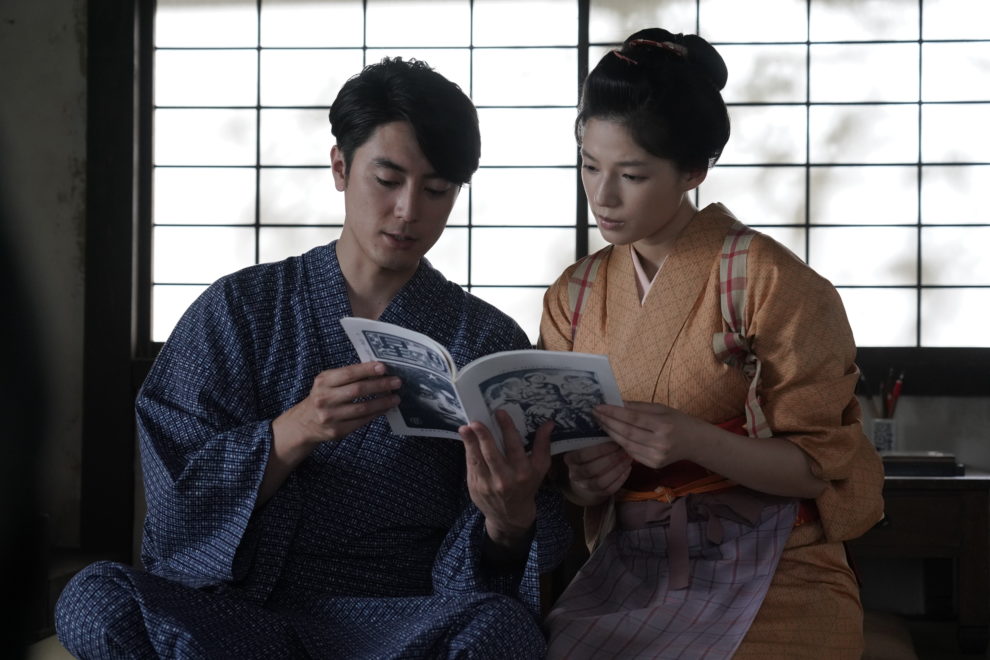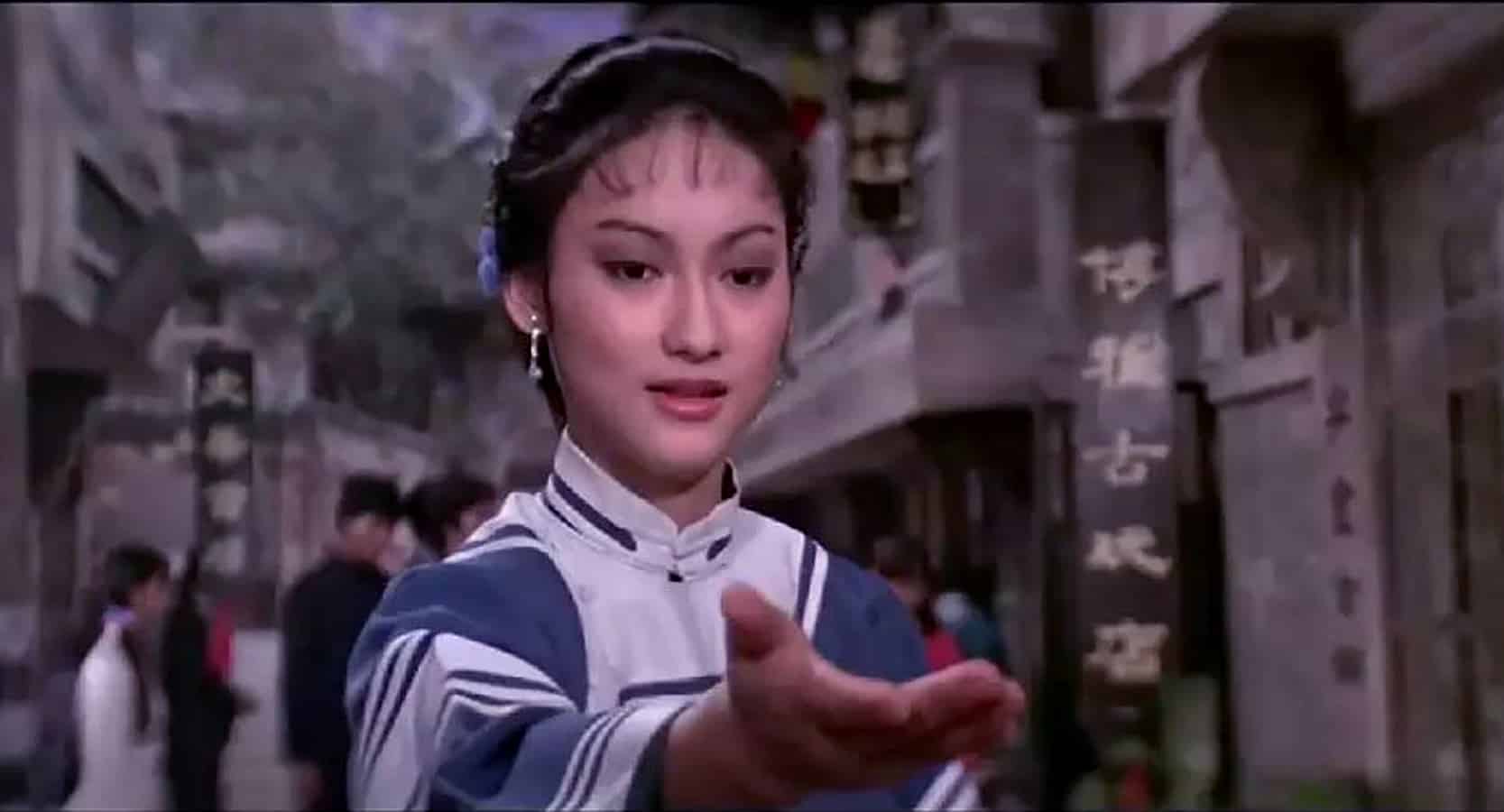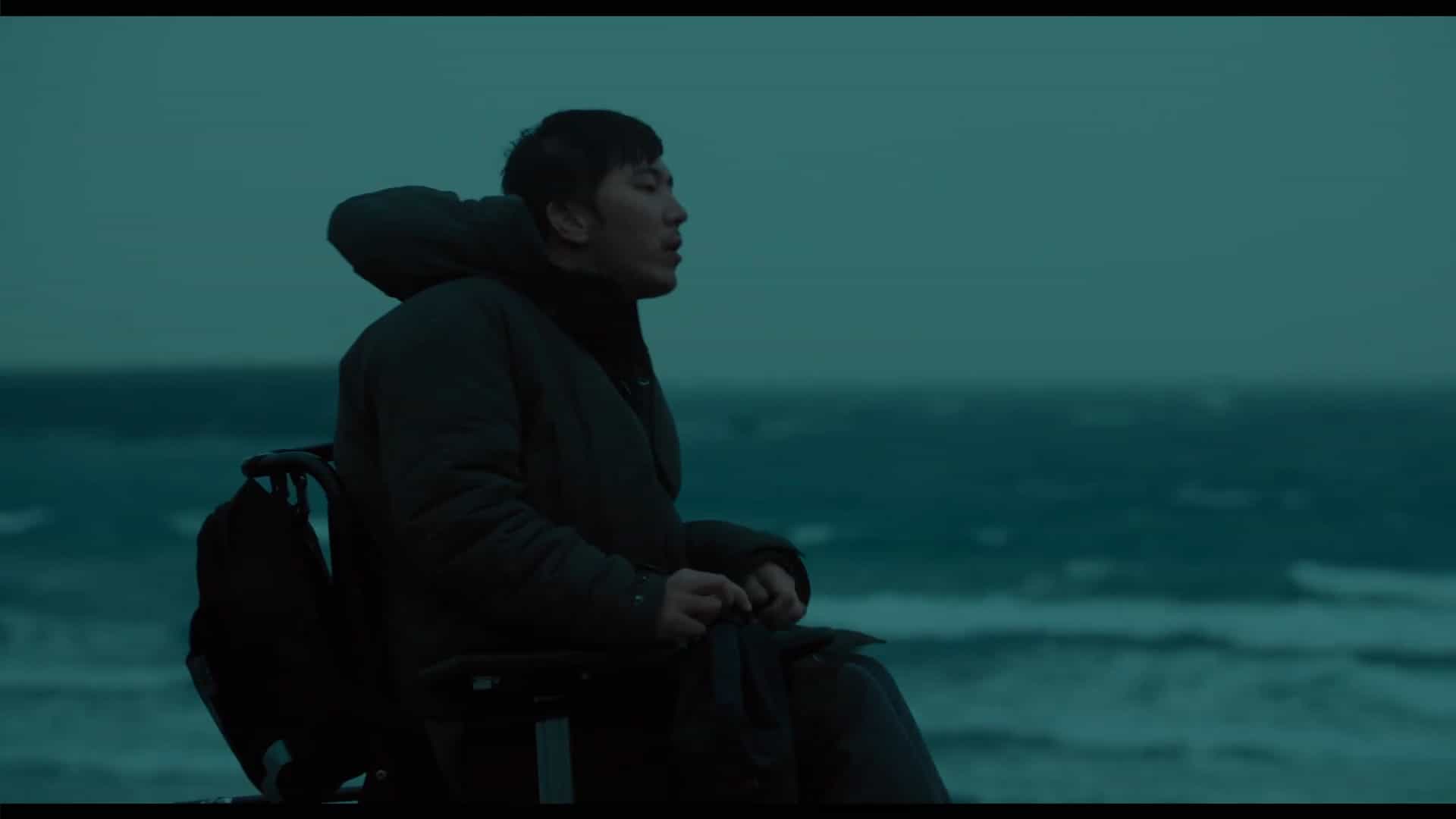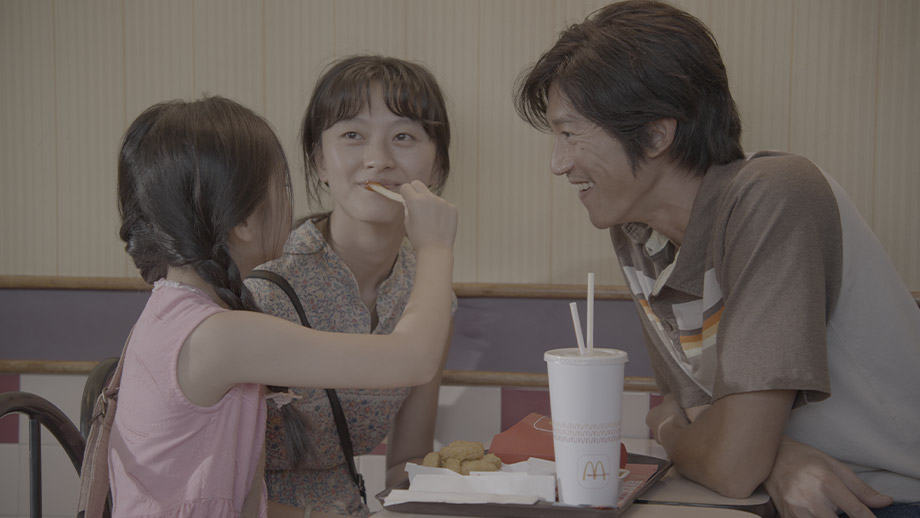Third adaptation of Toson Shimazaki's classic novel “Hakai”, after the ones by Keisuke Kinoshita in 1948 and Kon Ichikawa in 1962, Kazuo Maeda's edition marks the centenary of Japan's first-ever human rights declaration, which argued that Burakumin (aka Eta and untouchables), Zainichi Koreans, Ainu and other “disadvantaged minorities” deserve the same respect and freedoms accorded to others, and is set during the Russo-Japanese War.
Broken Commandment is screening on New York Asian Film Festival

Ushimatsu Segawa is a respected teacher in an elementary school, cherished by both his colleagues and his students. However, he harbors a dark secret, as he is actually a burakumin whose father sent him away when he was a child, insisting he never reveals his origin, in an effort to have him avoid the fate of the lower classes. The initial scene, where an older man is kicked from a hotel upon the discovery that he is an Eta, even though he is obviously rich, having two servants with him, with the proprietor proceeding on cleaning the whole establishment, highlight the reasons why Segawa still keeps his identity a secret. The incident also leads him to find lodging in the local temple, where the abbott, his wife and their servant, Shiho, treat him in the best way possible. Even more, the two youths soon find a common interest for literature and poetry, and particularly the free-thinking writer and poet, Rentaro Inoko, whom Segawa adores, and a reluctant romance begins to unfold. Rentaro, however, is not willing to proceed, since the girl comes from a samurai family and does not want to cause her problems with his secret.
At the same time, the appearance of a teacher from Tokyo, the election campaign that involves a man whose wife is also Burakumin and also hides the fact and his adversary, for whom Rentaro actually advocates, complicates things intensely, and Segawa's secret is not safe at all any more.
Kazuo Maeda had his hands in a rather intricate piece of literature, as “Hakai” includes a plethora of characters, arcs and sociopolitical comments, all of which, though, revolve around the prejudice for the Burakumin and on a secondary level, the consequences of Russo-Japanese War. In that regard, the narrative includes Segawa's antagonism with the newly arrived teacher, who is a member of the aristocracy and has just arrived from Tokyo and the support and friendship from his colleague Ginnosuke. The romance between the two young protagonists is another element, as is the racism inside the classroom where students have learned to distinguish classes, alienating the Eta despite their teacher's efforts. That the poor also suffer intently since their sons are sent to the war is another aspect, as is the political race, the dynamics between Segawa and the politician whose wife is also a buraku, and the whole story of the abbott. The bulk of all these elements results in a movie that retains interest from beginning to end through its many different elements, but also makes a more general comment, about how the rich and powerful, no matter how they are established as such, always take advantage of the poor and the weak. The way a number of characters suffer throughout the story, just due to their genealogy is a central factor in the movie, which actually explains the attitudes and reactions of all the protagonists.
Of course, the main medium of almost all the aforementioned is Segawa, with Shotaro Mamiya giving an excellent, quite measured performance, highlighting his inner struggle in a laconic but eloquent fashion. His monologues, however, could have been handled a bit better, an issue that actually appears a number of times throughout the movie, as some of them are too long, despite their evident contextual value. Overall though, the cast does a very good job, with Anna Ishii portraying Shiho in the same style with Mamiya, while the inclusion of veterans like Naoto Takenaka, Renji Ishibashi, Shofukutei Tsurube, and Hidekazu Mashima as Rentaro Inoko definitely adds to the overall quality of the movie.
The same applιes to the quality of the production, with the cinematography, the production design, the costumes, and the hair styling resulting in a rather realistic representation of the era, and the beginning of westernization the Meiji Restoration brought. The editing results in a very fitting, relatively fast pace that retains a sense of tension throughout, although some trimming here and there would be welcome. On a last note, the occasional lingering of the camera in close-ups to the faces of the protagonists is a bit too TV-like, although not to a point to be a real problem.
Despite some minor issues here and there, “Broken Commandment” emerges as a very rewarding film, both in terms of entertainment and context, with its comments against racism, classism and militarism, and in favor of human dignity and equality echoing rather soundly even today.
















